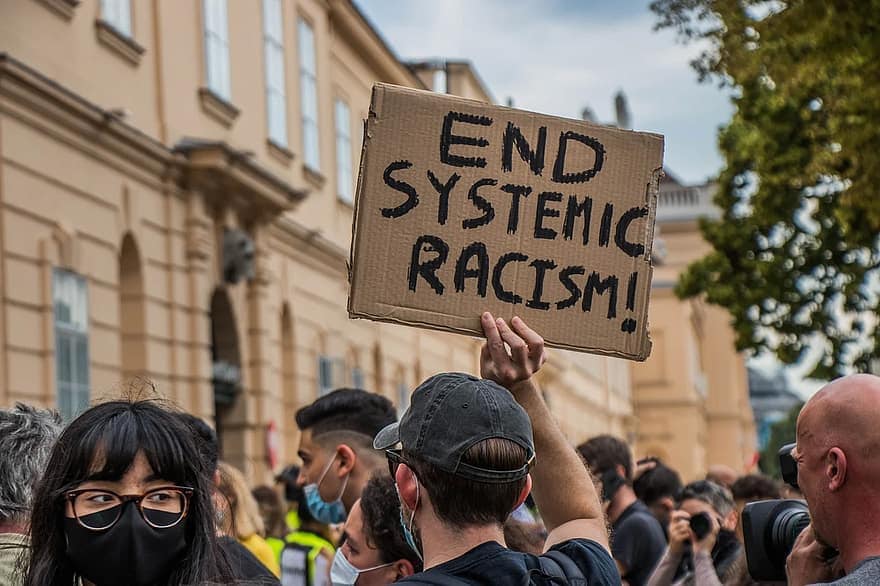
RENO, Nev. (July 20, 2020) — In an unscientific poll taken earlier this month by The National Judicial College, 65 percent of 634 judges who responded said they believe systemic racism exists within the criminal justice apparatus, which includes police, courts, prosecutors, prisons and probation.
A more-detailed summary of the results, including several judges’ comments, can be found here.
The one-question survey asked, “Do you believe that systemic racism exists in the criminal justice system?” It was emailed to the College’s alumni the first week of July.
More than 200 judges left comments with their vote, and the consensus among the majority was that the racism is mostly of the implicit or unconscious kind.
“Most of the judges I know are not overtly racist and sincerely seek to treat all people equally,” wrote one judge, anonymously, “but I suspect that our implicit biases impact our decision-making more than we realize.” The same judge suggested that systemic racism is the primary reason why black Americans and other minorities are incarcerated at higher rates than whites.
NJC President Benes Z. Aldana, the former chief trial judge of the U.S. Coast Guard said, “Many judges understand that ending racial injustice is not a political issue. Rather, it is an imperative if we are to keep the promise engraved on the pediment of the Supreme Court of the United States: ‘Equal Justice Under Law.’”
Aldana recently joined with many state supreme court justices and others in the judicial sphere in speaking out about the killings of Africans Americans, including George Floyd and many others. The College is currently organizing a series of national town halls for judges on how to address the problem of racial injustice.
Earlier this year the College, in collaboration with the American Association for Justice Foundation, hosted a national symposium in Washington, D.C., on implicit bias in judicial decision-making. The program focused on how to prevent bias from affecting decisions by juries.
The NJC is the nation’s oldest and largest school for judges and each year educates about 10,000 judges of all kinds, in person and online, from all 50 states and several foreign countries.
Each month the College emails an informal, non-scientific one-question survey to its more than 12,000 judicial alumni in the United States and abroad. The results are not intended to be characterized as conclusive research findings.
###
Created more than a half-century ago at the recommendation of a justice of the Supreme Court of the United States, The National Judicial College remains the only educational institution in the United States that teaches courtroom skills to judges of all types from all over the country, Indian Country and abroad. The categories of judges served by this nonprofit and nonpartisan institution, based in Reno, Nevada, since 1964, decide more than 95 percent of the cases in the United States.

CHICAGO – The American Bar Association Judicial Division announced recently that TheNational Ju...

The National Judicial College is mourning the loss of former faculty member Judge Duane Harves, who passed ...

As the world manages an evolving natural environment, The National Judicial College announced today that it...

Do’s Manage your cases systematically Devise a system that works for you and your organizational...

After 22 years of teaching judges, Tennessee Senior Judge Don Ash will retire as a regular faculty member a...